Rubio Offers US Mediation to End Escalating India-Pakistan Conflict
As tensions between India and Pakistan escalate, US Secretary of State Marco Rubio has extended an offer of American assistance to help mediate peace talks. The conflict, which has seen both nations exchanging heavy missile fire, raised fears of a broader military confrontation, with both sides launching missiles, drones, and fighter jets on Saturday.
In a bid to prevent further escalation, Rubio has been involved in diplomatic efforts, urging both countries to engage in "constructive talks" to de-escalate tensions. "The US continues to encourage both sides to explore ways to reduce hostilities and has offered its support in facilitating productive discussions," said State Department spokesperson Tammy Bruce in a statement.
The flare-up began on Wednesday when Indian missiles struck nine locations in Pakistan, resulting in the deaths of 31 people and triggering a series of retaliatory attacks. India justified its missile strikes as retaliation for an attack in Indian-administered Kashmir that killed 25 Hindu tourists and a guide in late April, an assault it blamed on Pakistan.
Saturday saw the conflict intensify, with both nations launching long-range missiles and utilizing drones and fighter jets in their strikes. Despite the escalation, officials from both India and Pakistan have expressed a desire to avoid further violence. Indian military officials emphasized their commitment to de-escalation, provided Pakistan reciprocates, while Pakistan’s Defence Minister Khawaja Asif expressed mistrust of India’s intentions.
Global diplomatic efforts are underway to avert a full-scale conflict, with both countries indicating that they do not seek war. However, the ongoing clashes have raised concerns about the possibility of a nuclear confrontation between the two nations.
Rubio has played a central role in US diplomatic efforts, maintaining regular communication with Pakistani Prime Minister Shehbaz Sharif and Indian Foreign Minister Subrahmanyam Jaishankar since the initial attack in Kashmir. The United States has a strategic partnership with India, particularly as a counterbalance to China’s growing influence, a priority of the Trump administration.
Despite the close relationship, the US had been initially hesitant to intervene, with President Donald Trump describing the missile exchanges as "a shame" and Vice President JD Vance asserting that an India-Pakistan war was not America’s responsibility. Notably, the US lacks ambassadors in both India and Pakistan due to vacancies left by the Trump administration.
In addition to US efforts, other international players, including China and Saudi Arabia, have stepped in to help defuse the situation. China, a key military ally of Pakistan, has expressed its willingness to play a constructive role in resolving the crisis. Meanwhile, Saudi Arabia has been instrumental in facilitating dialogue, with the Saudi foreign minister sending a representative to Pakistan.
The international community, including G7 nations, has called for immediate de-escalation. UK Foreign Secretary David Lammy, along with other G7 ministers, urged both India and Pakistan to exercise "maximum restraint" and to engage in direct talks to seek a peaceful resolution.
As global powers rally for peace, the world watches closely, hoping for a diplomatic breakthrough before the conflict spirals further out of control.
Category: news
5
0





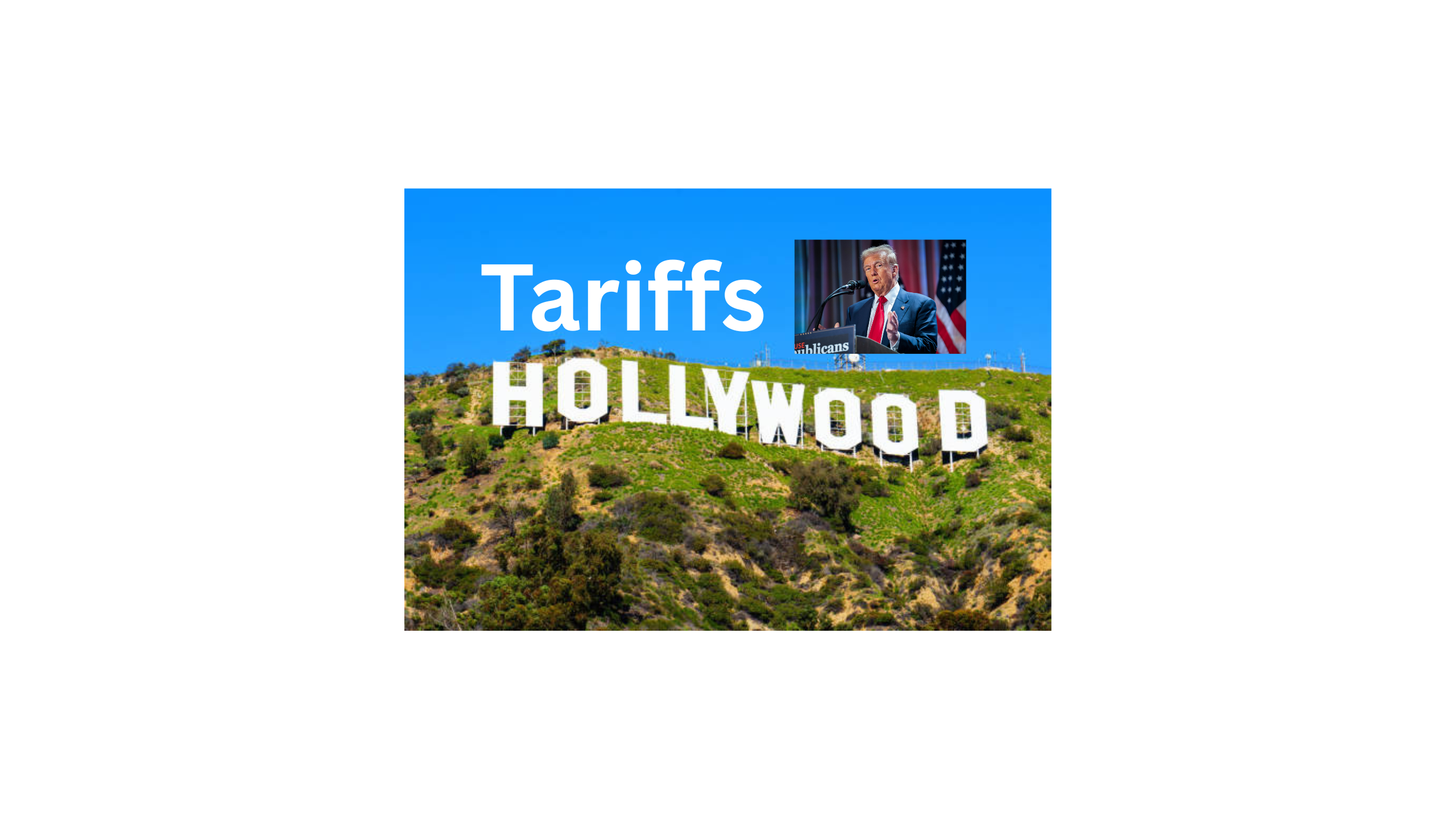
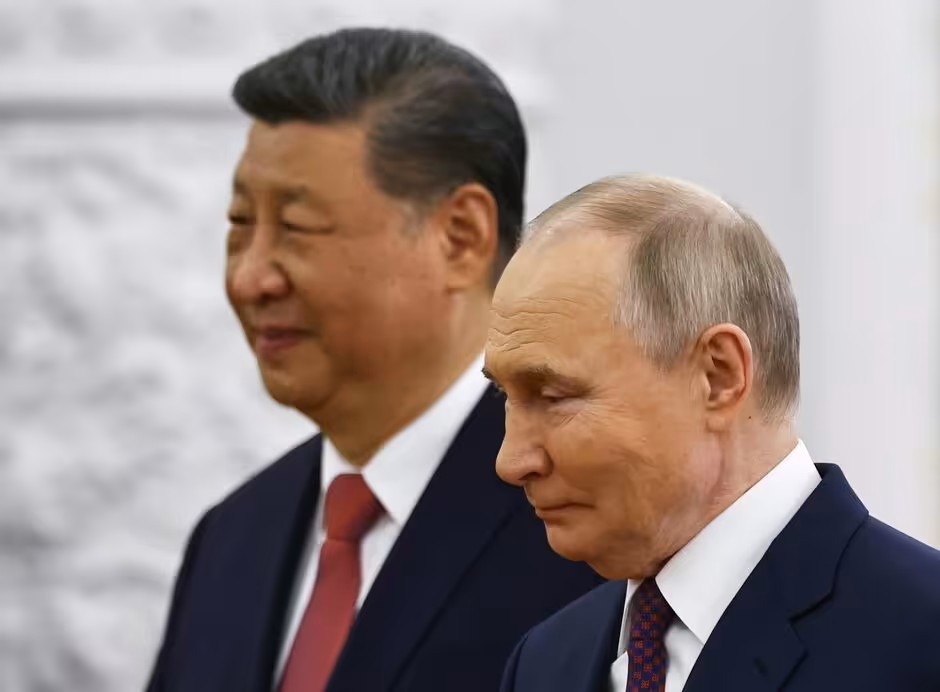
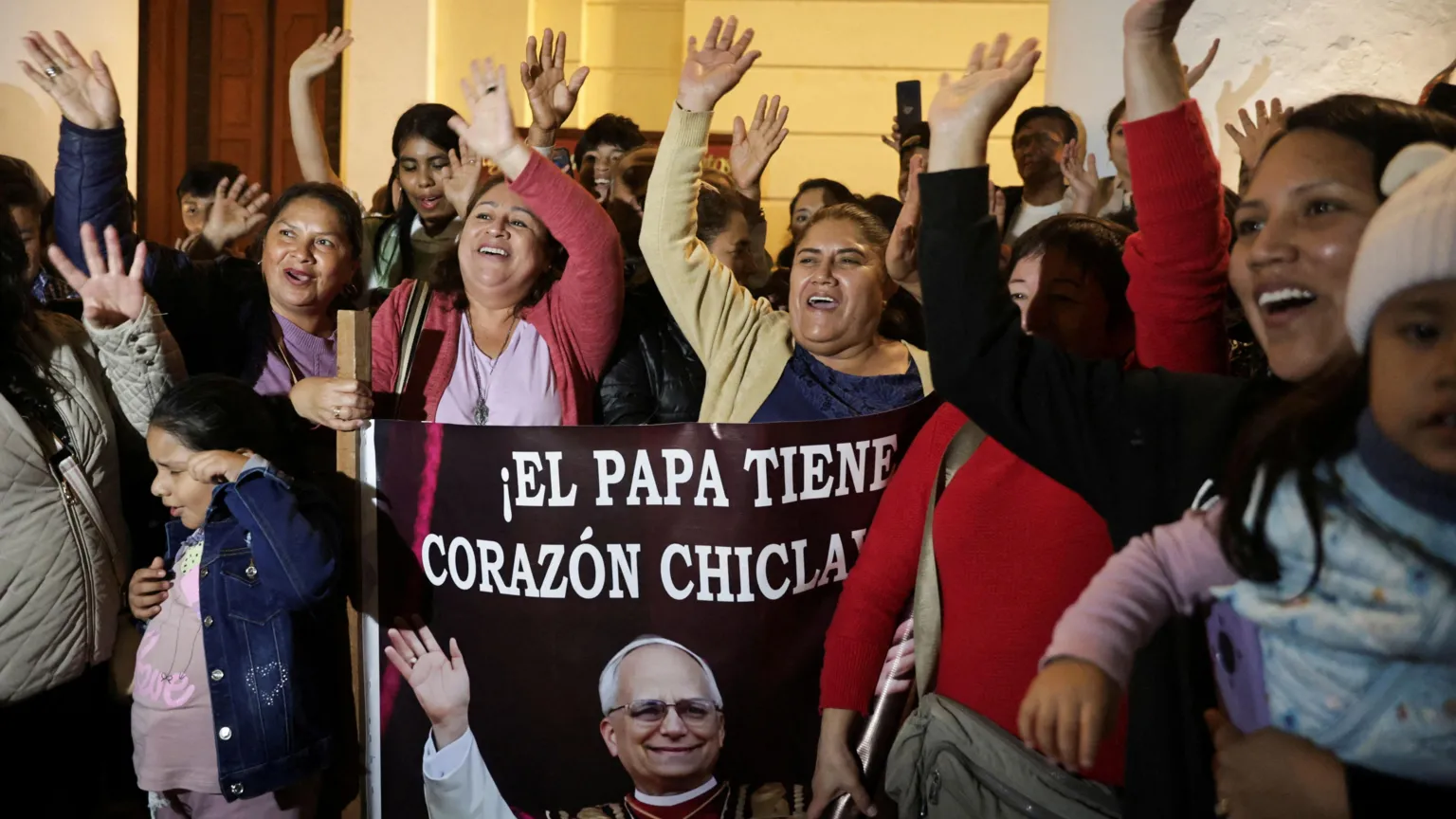
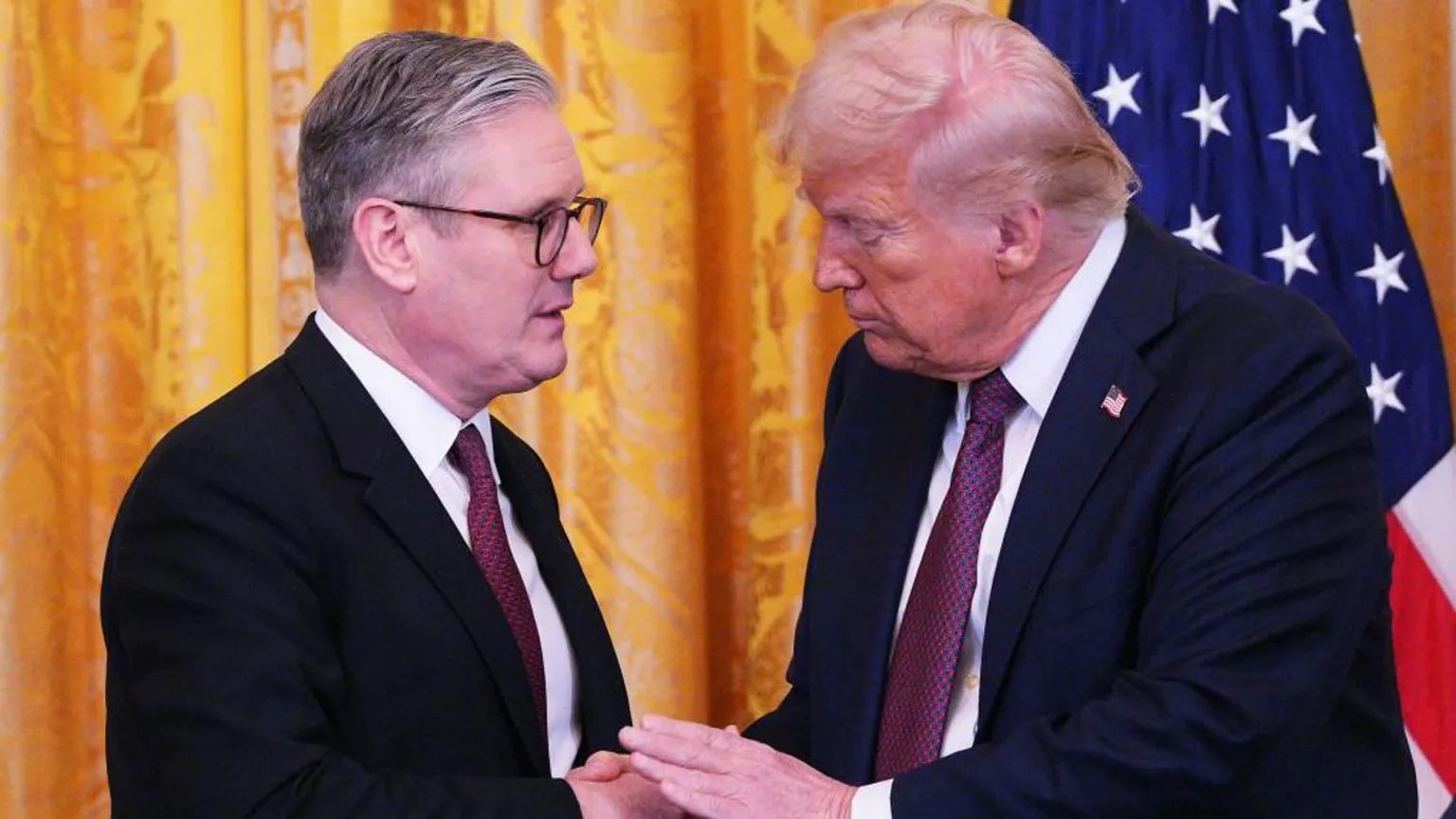
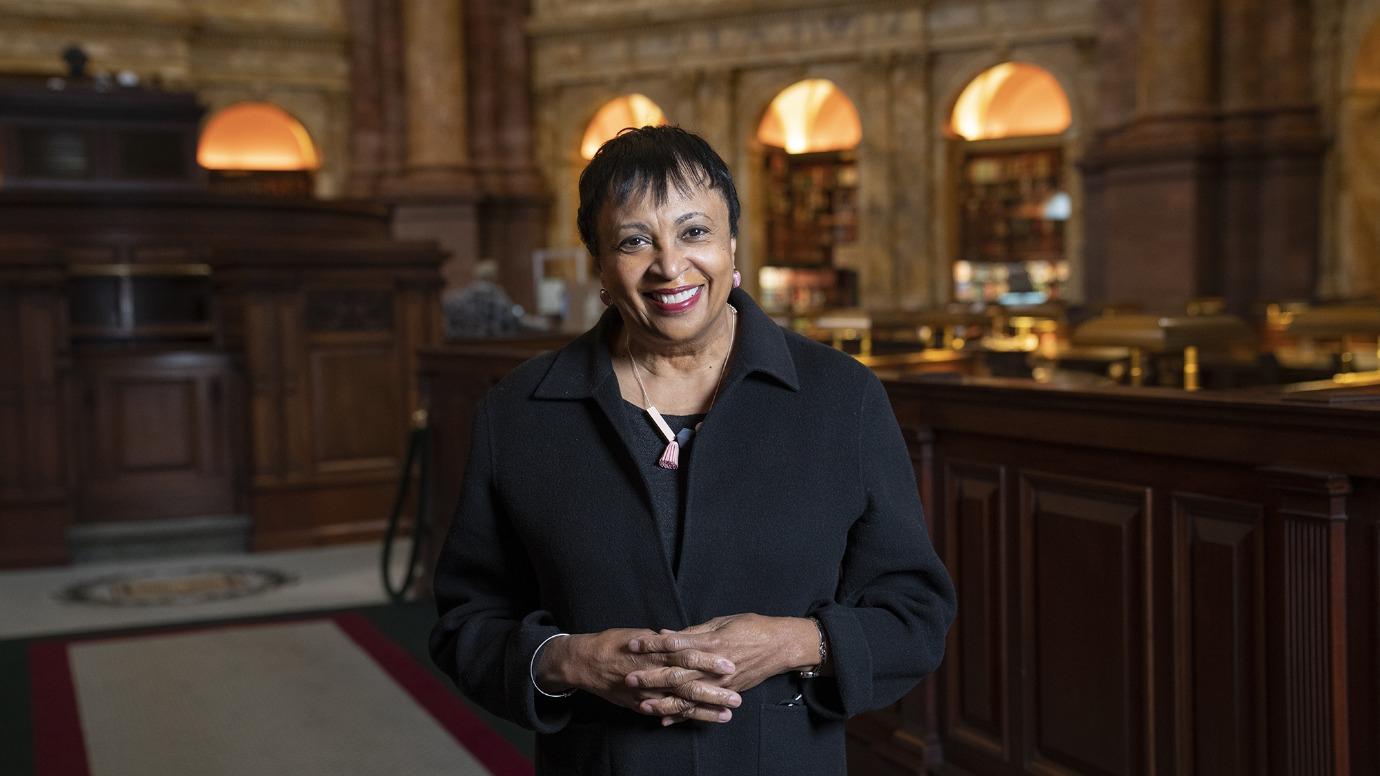

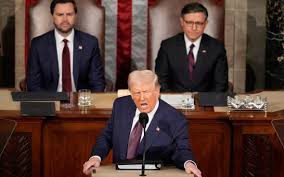


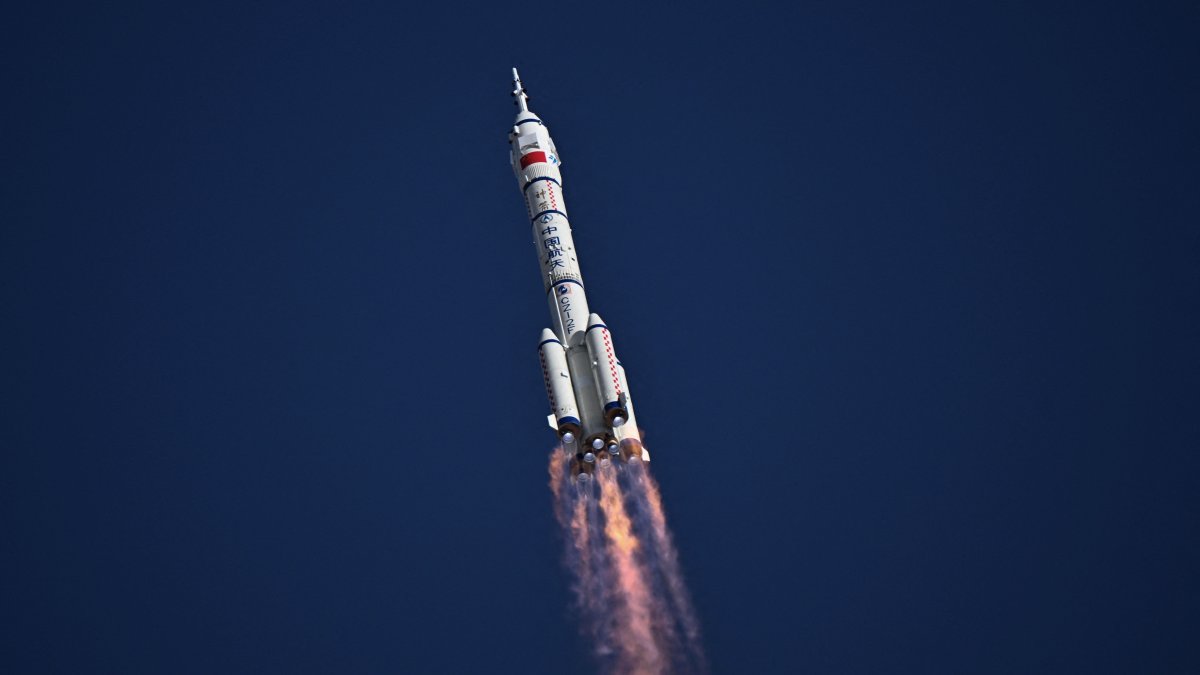
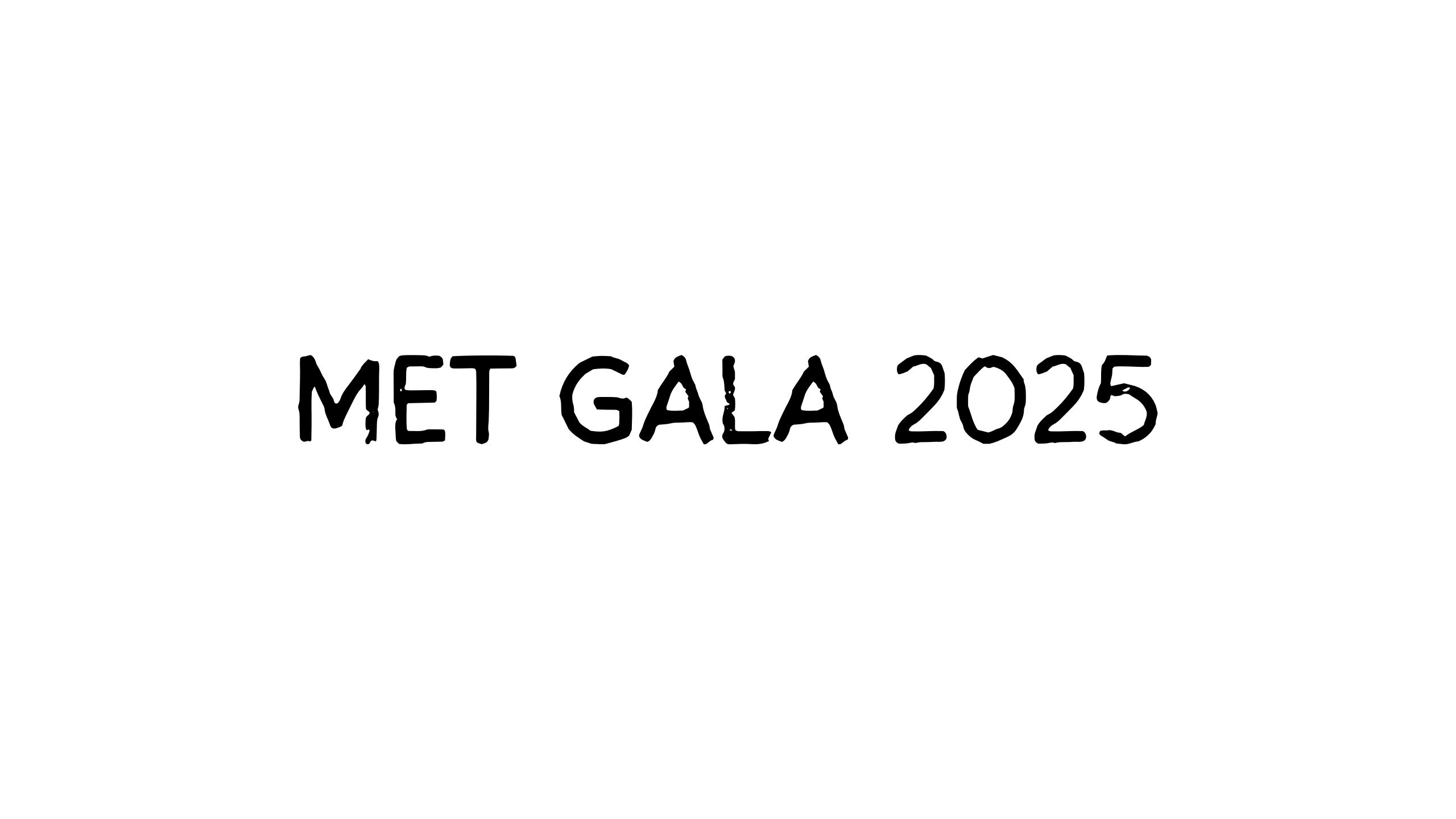
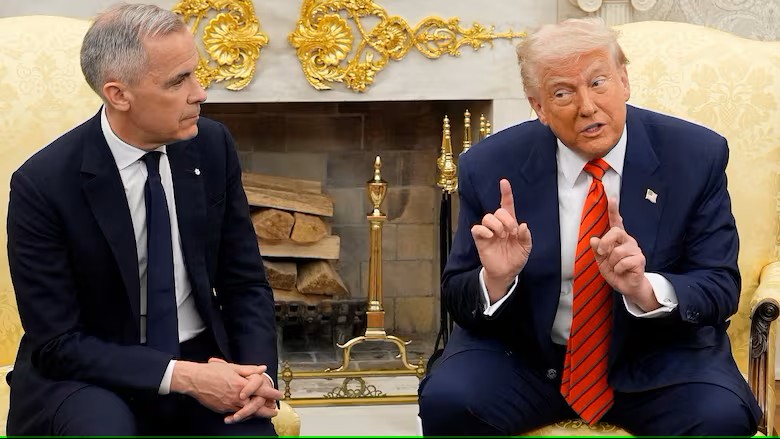


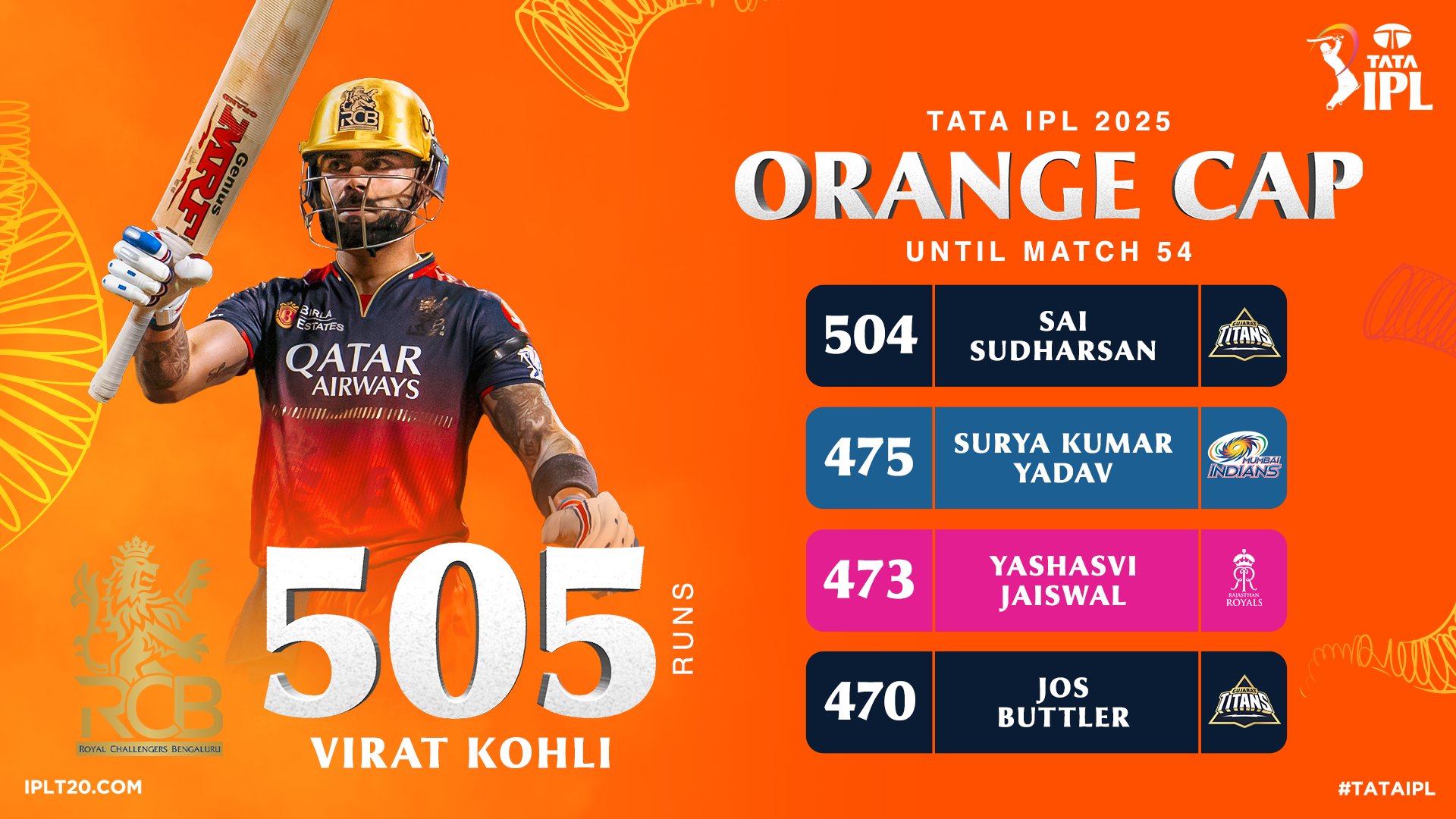
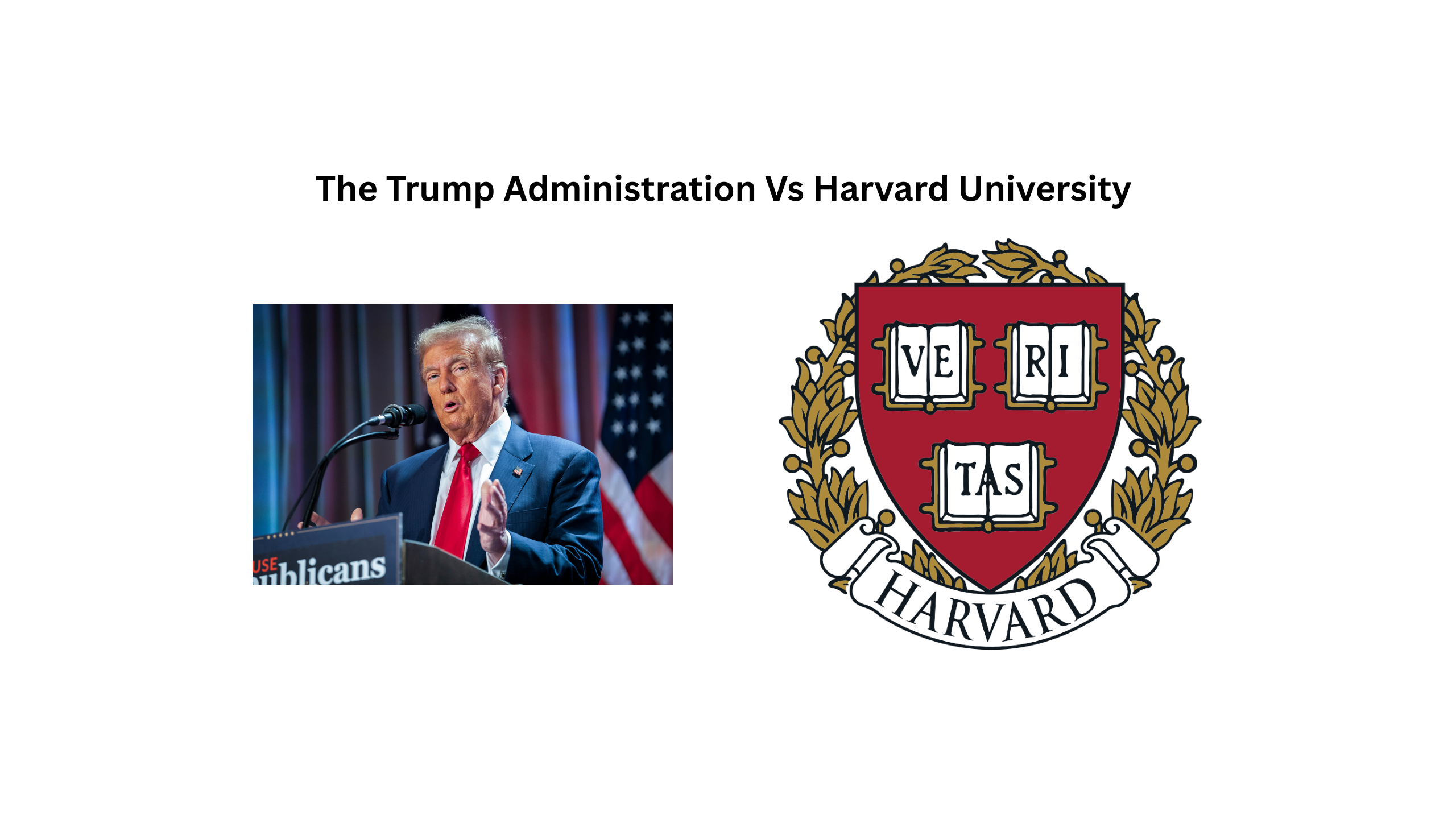
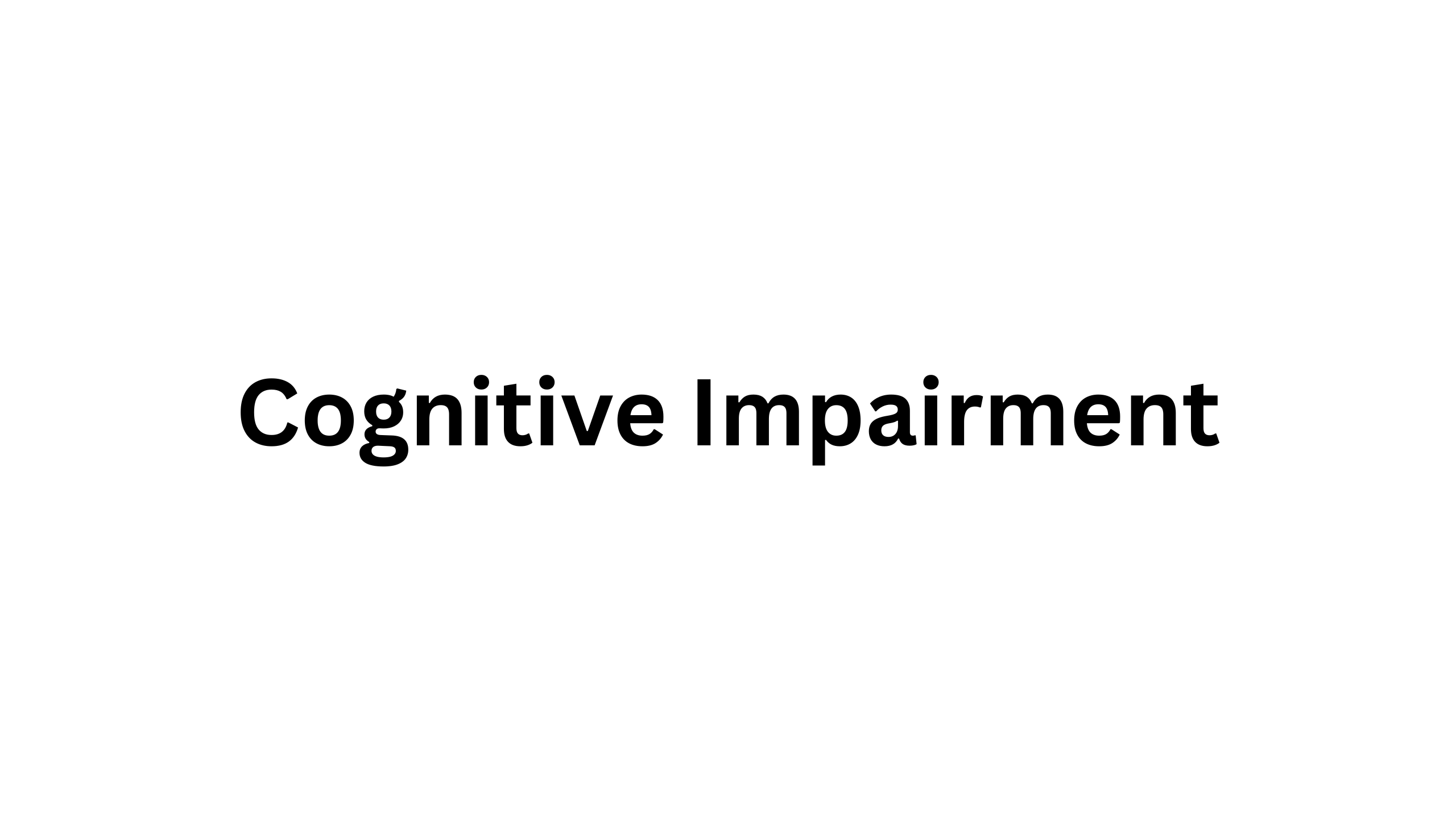
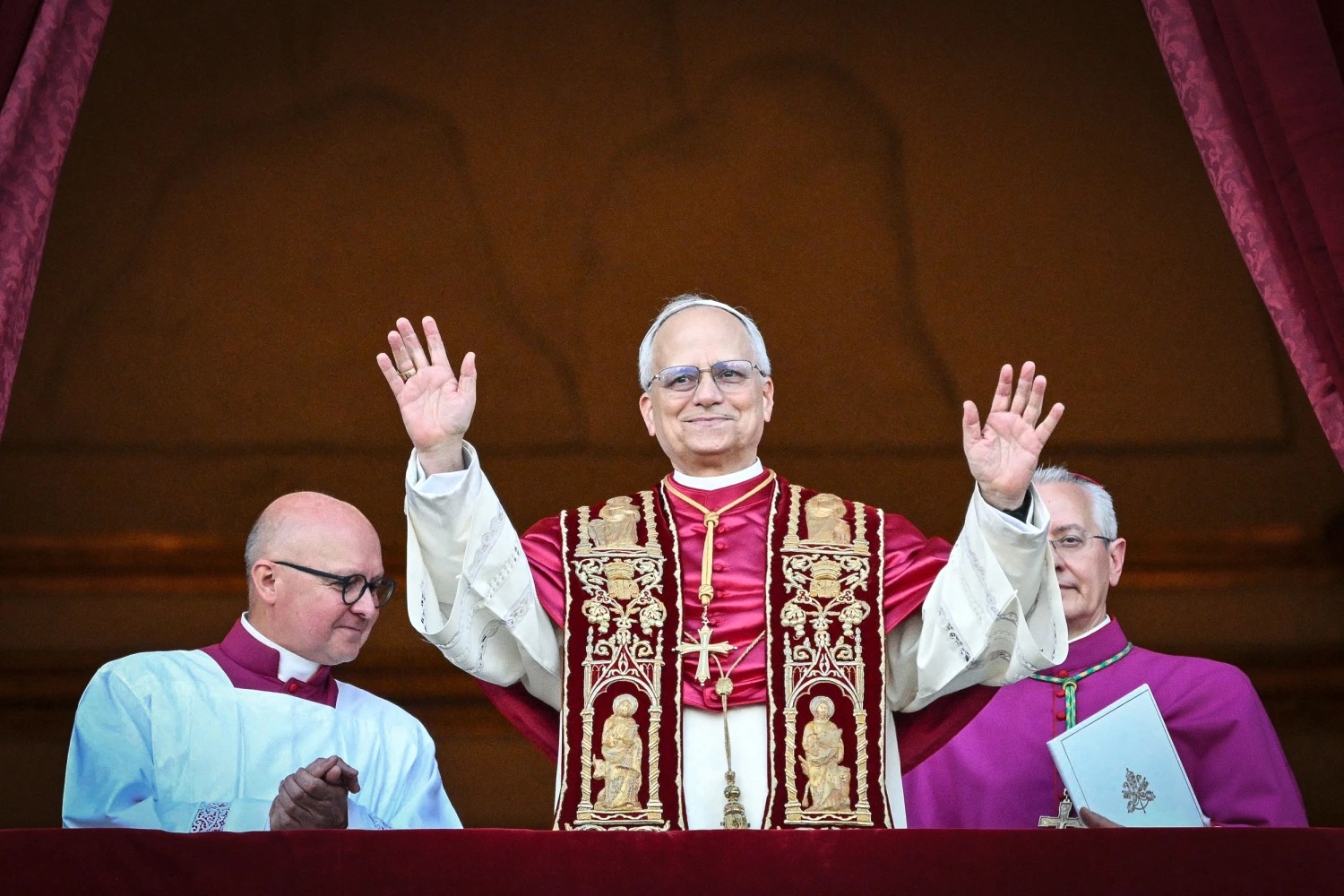

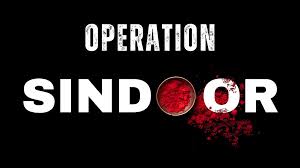

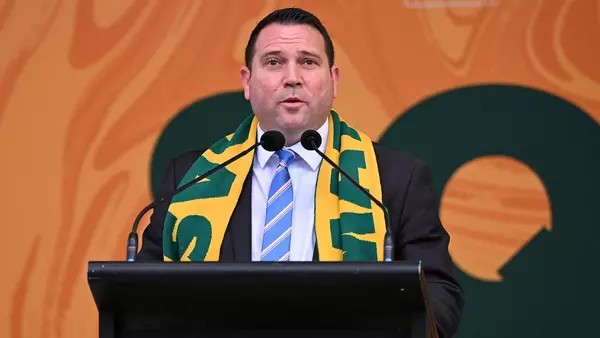

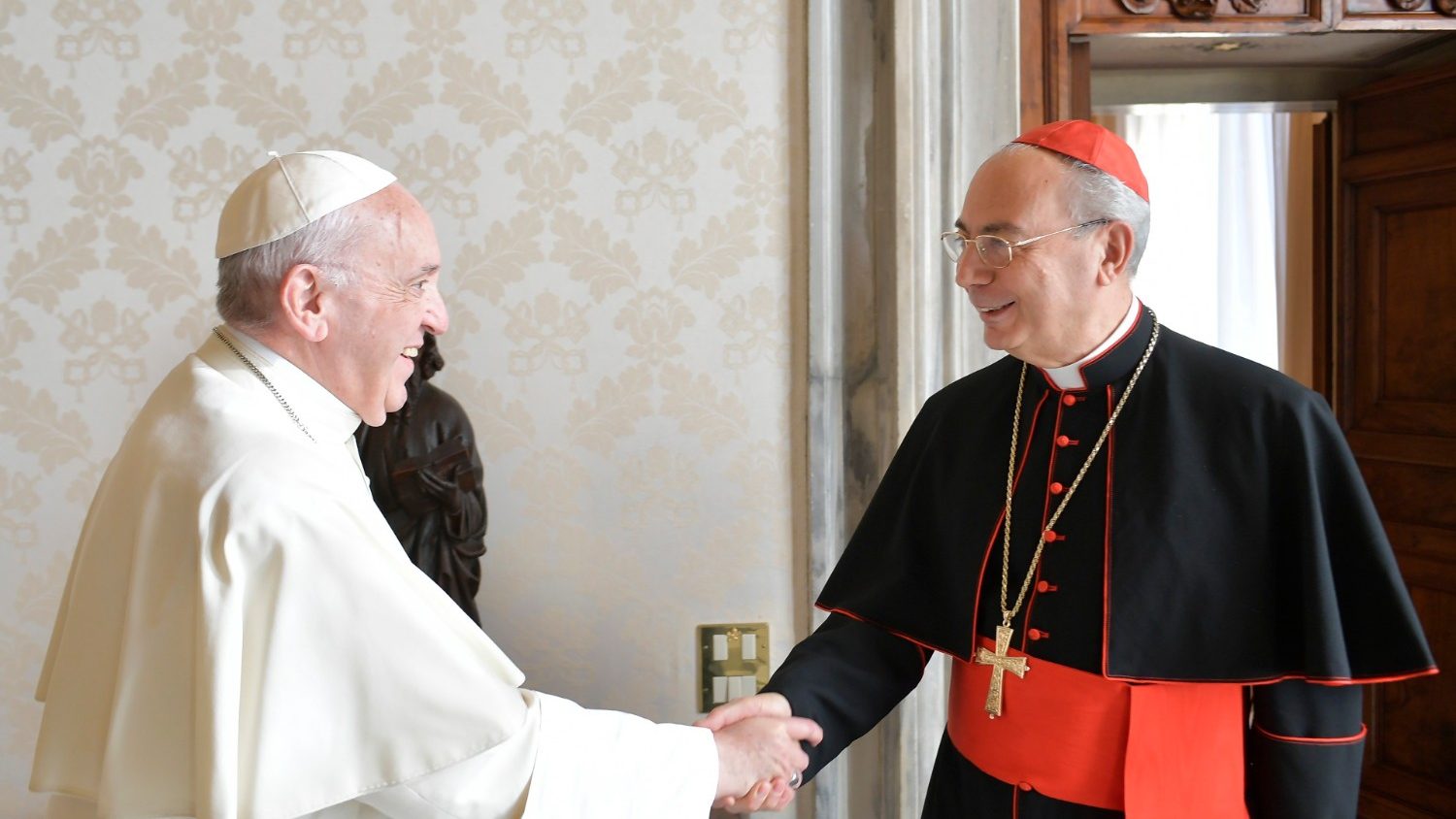
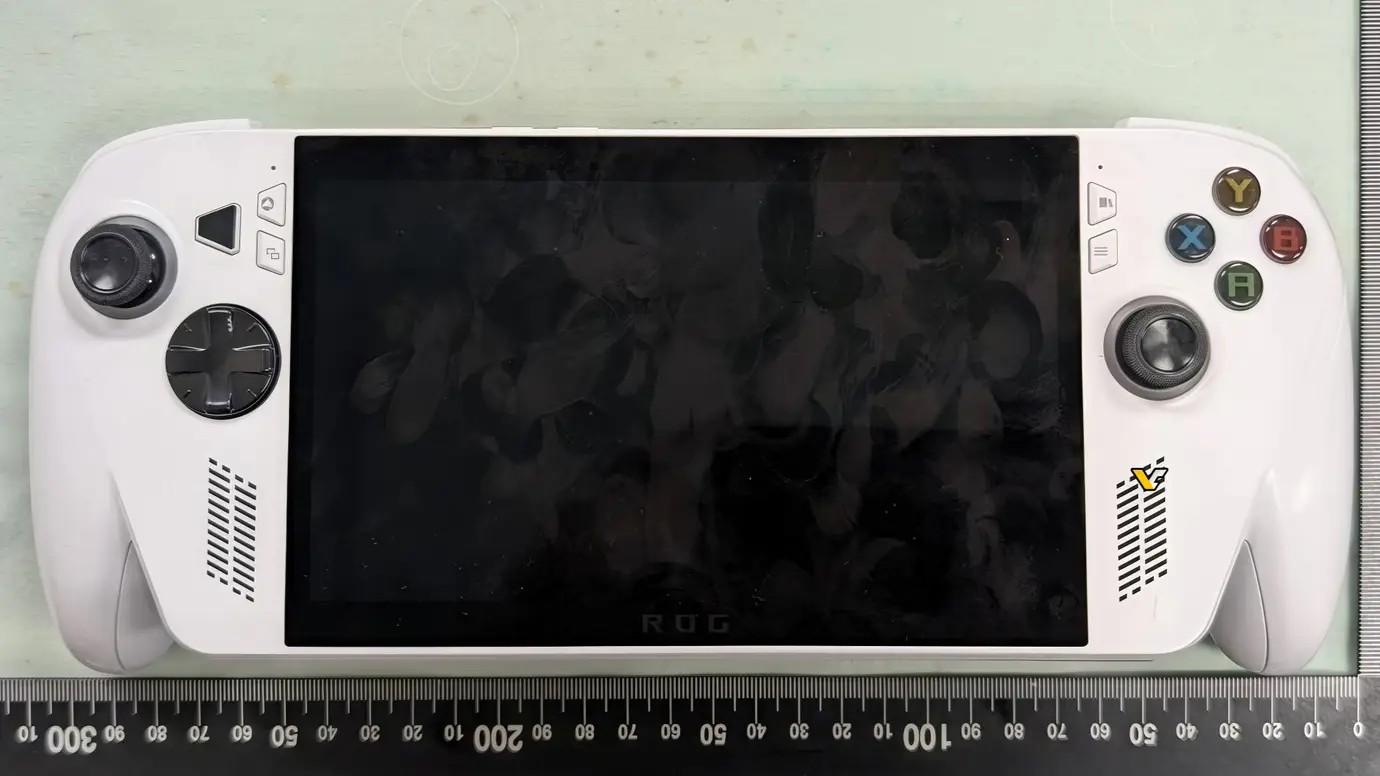
Comments